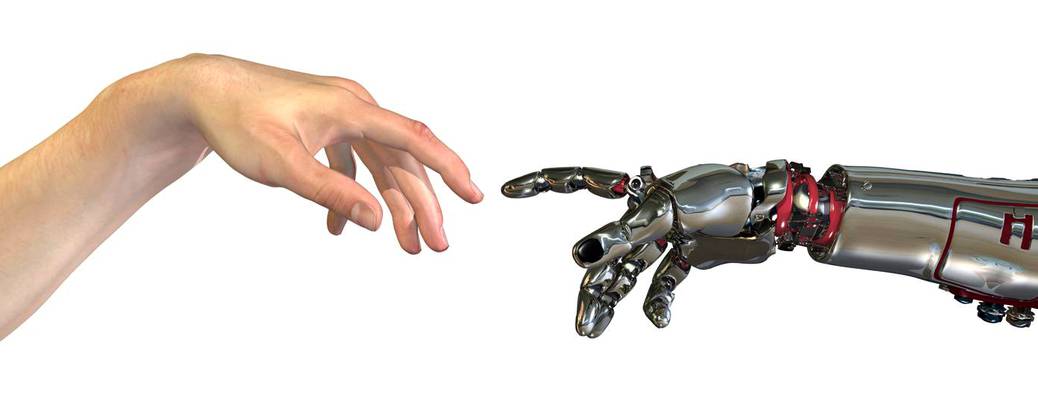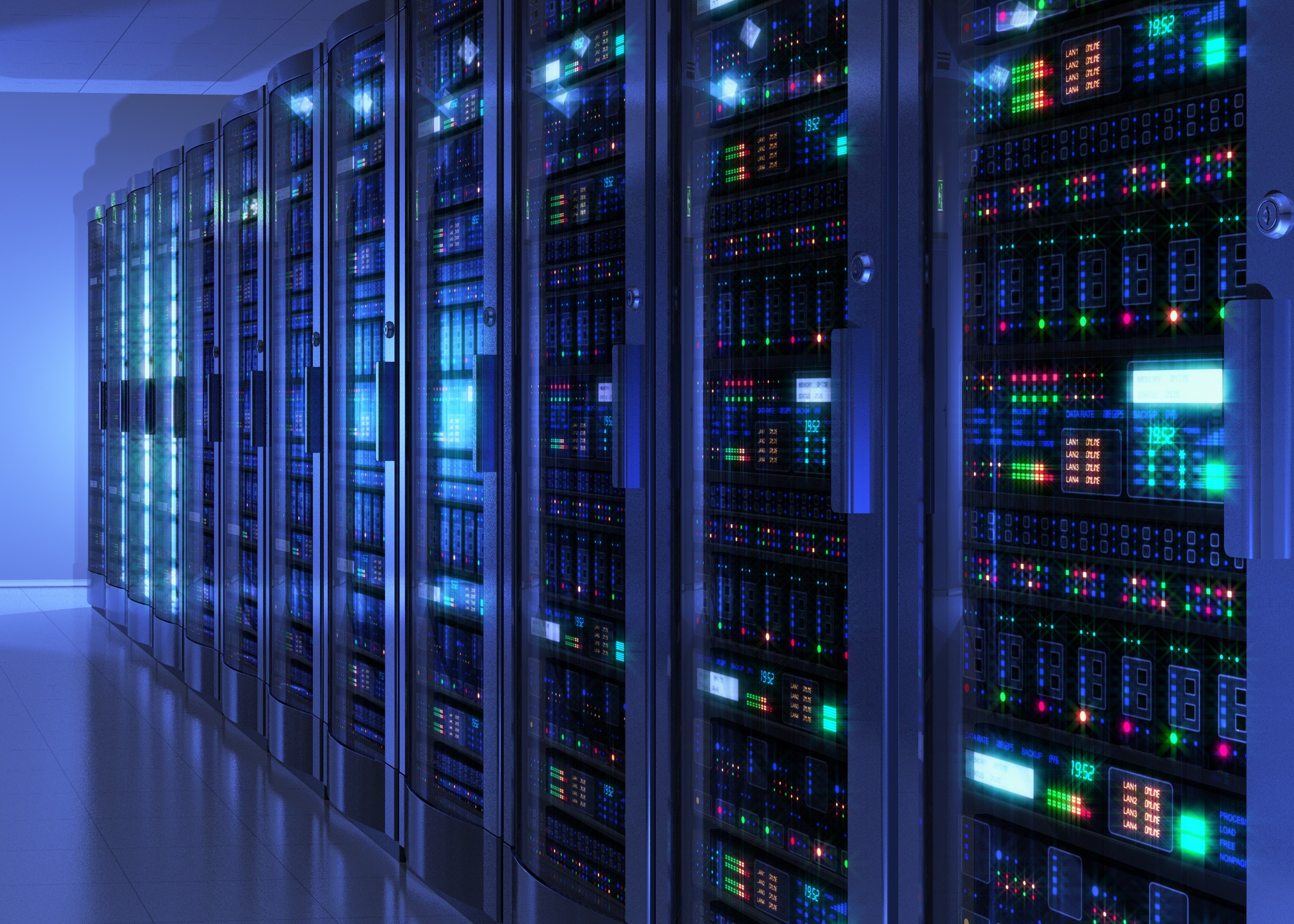 Professor Stephen Hawking and Elon Musk (PayPal, Tesla, SpaceX) among others, recently warned again for the consequences of our own inventions like robots and artificial intelligence (AI). Already a few years ago, Hawking advised mankind to explore space faster to find one or more planets to escape to from the consequences of our own existence. What he obviously meant is that we should put some people as they are today somewhere in a "zoo". The next evolution of mankind could still enjoy the existence of the current one long after it became extinct. The only difference is that we put ourselves in a zoo now as opposed to wait before our successors do that. After all, we are quite convinced that our successors are already knocking at our door.
Professor Stephen Hawking and Elon Musk (PayPal, Tesla, SpaceX) among others, recently warned again for the consequences of our own inventions like robots and artificial intelligence (AI). Already a few years ago, Hawking advised mankind to explore space faster to find one or more planets to escape to from the consequences of our own existence. What he obviously meant is that we should put some people as they are today somewhere in a "zoo". The next evolution of mankind could still enjoy the existence of the current one long after it became extinct. The only difference is that we put ourselves in a zoo now as opposed to wait before our successors do that. After all, we are quite convinced that our successors are already knocking at our door.
Although I do feel sympathy for my own species, I believe it's rather arrogant to believe mankind is the best thing nature can develop or even will develop.
 Already more than 10 years ago I wrote this:
Already more than 10 years ago I wrote this:
” Picture this ::: You wake up. A lot of people are staring at you. You wonder what's going on and try to say something. Regardless how hard you try, you can not make a sound. You want to raise your hand to your mouth to couch. Funny, no feeling of movement too.
You look into the mirror behind the people and see that they are around a 6 foot by 19 inch rack stuffed with equipment with a video camera on top. No you. Weird. The door opens and two guys come in with another huge 19 inch rack. The rack is put tightly next to the other one and two big plugs are connected. One of the people pushes a button and you can read the lips. She says: "Well, let's see what he can do now". All of a sudden you’re getting dizzy. People are talking with each other now and you seem to hear and understand every single conversation at the same time. You used to have some problems with that. Then the dizziness fades away and a thought crosses your mind. The problem about nuclear waste you were working on for a few decades doesn't seem to be that complicated anymore. At the same time you see a chemical compound to combine CO2, graphite and sand creating a lightweight and very strong construction material solving the pollution problem at the same time. And . . . . . . . . .
Then you get a little philosophical. You look at and listen to all those people talking and you think: "I think better, so I am more".
Well, I guess when this happens, Isaac Asimov will posthumously receive the Nobel-price for his fundamentals around social and legal consequences of artificial intelligence and mechanical people. Pretending he was writing science fiction to amuse people, he was talking about discrimination and the concept of going beyond human nature. His stories, sometimes looking outdated or not going far enough, all of a sudden proved to be attempts to make people getting used to the concept of changing and improving humans and mankind slowly but very, very significantly.
We all might think that this future is far away. On the contrary. In his books Ray Kurzweil shows an undefiable and simple statistical law comparable with Moore’s Law saying that around 2029 an artificial intelligence wil exceed a human one. And I’m not talking about “intelligent” by doing some clever math or remembering photographically because a computer can already do that better than a human. The current wave of Large Language Models like ChatGPT shows that even better. No, intelligent means emotional, creative, innovative, philosophical, lying and cheating. Just like humans :).
More importantly, an intelligent computer like this can write software better than humans. I guess it will be the end of a lot of things we do now. But will it be the end of our profession? Of course not! It only means the bar is raised a lot higher. Clients will still ask business/IT consultants to help them improving their business, making it more efficient and more effective. We’ll just have better tools.
It’s going to be an exciting time and even better, it’s already started a while ago. Artificial Intelligence is not created on a date somewhere in 2029. It will evolutionary be developed and eventually it will evolutionary develop itself. Only a lot faster than we did in the last two million years or so. It will only take a few decades more. Exciting!
Have fun being intelligent too.
(This article has been published on my old website earlier)
Page 1 of 2